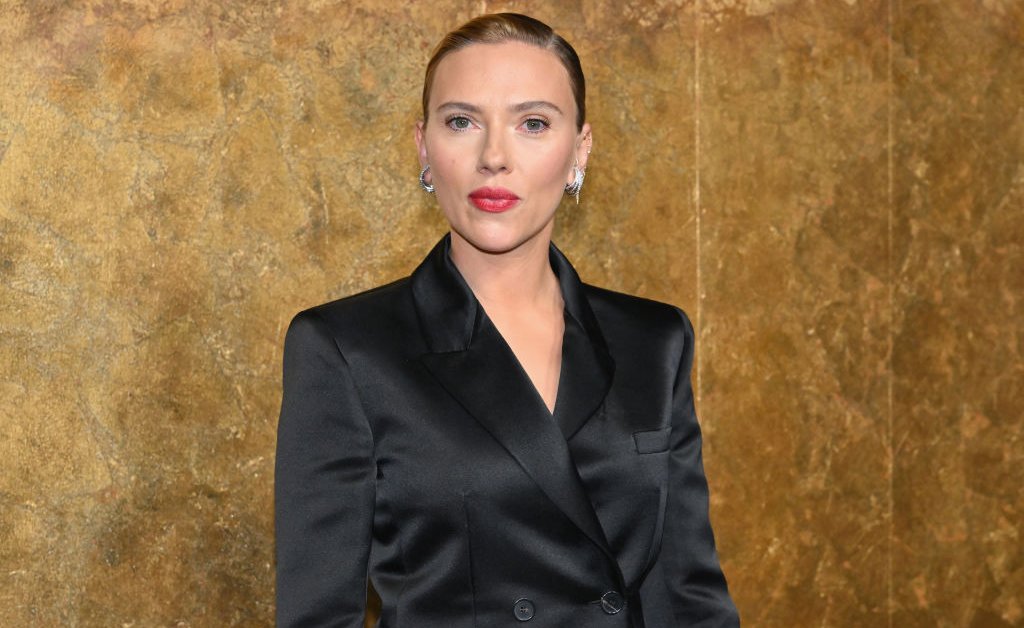Scarlett Johansson expressed shock, anger, and disbelief after learning that OpenAI had used a voice similar to hers for its new ChatGPT 4.0 chatbot, despite her refusal to provide her voice for the project. OpenAI announced that it would pause the AI voice, known as “Sky,” while addressing questions about how voices were chosen for ChatGPT. The company clarified that the voice was not an imitation of Johansson’s, but rather recorded by a different professional actor whose identity was kept private.
Johansson revealed that OpenAI’s CEO, Sam Altman, had approached her in September to voice ChatGPT 4.0, believing her voice would be comforting to users. However, she declined the offer. Despite this, the voice used for “Sky” bore a striking resemblance to hers, leading to confusion among her friends, family, and the public. Altman’s tweet referencing the film in which Johansson voiced a chat system further fueled speculation that the similarity was intentional.
Feeling that her likeness had been exploited without her consent, Johansson felt compelled to hire legal counsel to address the situation. Her legal team sent two letters to Altman and OpenAI seeking clarification on the process of creating the “Sky” voice. Eventually, OpenAI agreed to remove the voice from the platform, albeit reluctantly, in response to Johansson’s concerns about the protection of her identity and work.
Johansson emphasized the importance of transparency and clarity in a time when deepfakes and the unauthorized use of individuals’ likenesses pose significant challenges. She stressed the need for absolute clarity in addressing issues related to the protection of personal identities and work. By speaking out about her experience with OpenAI, Johansson highlighted the complexities of navigating the ethical considerations surrounding the use of AI technology and the potential risks of unauthorized voice replication.
The incident involving Johansson and OpenAI sheds light on the ethical dilemmas and legal implications associated with the use of AI-generated voices and deepfake technology. It underscores the need for clear guidelines and consent protocols when utilizing individuals’ voices or likenesses in AI applications. Johansson’s advocacy for greater transparency and protection of personal identities serves as a reminder of the importance of upholding ethical standards in the development and deployment of AI technologies.









